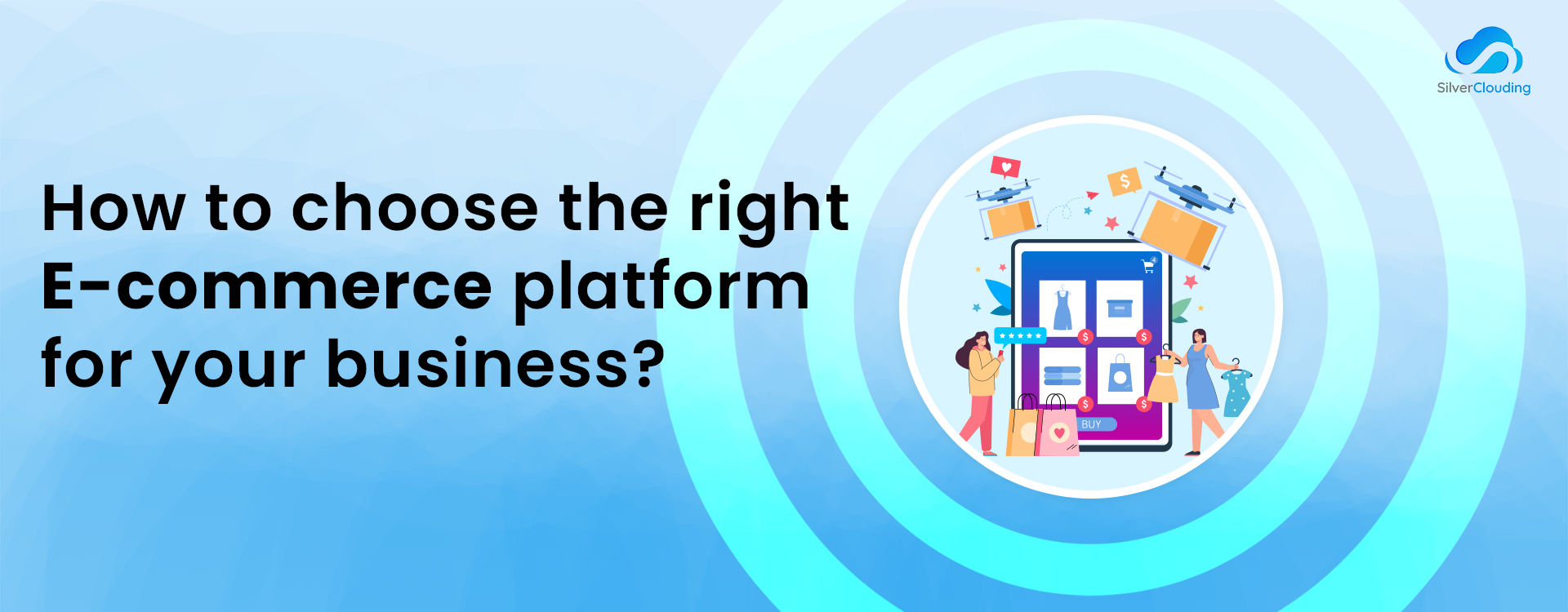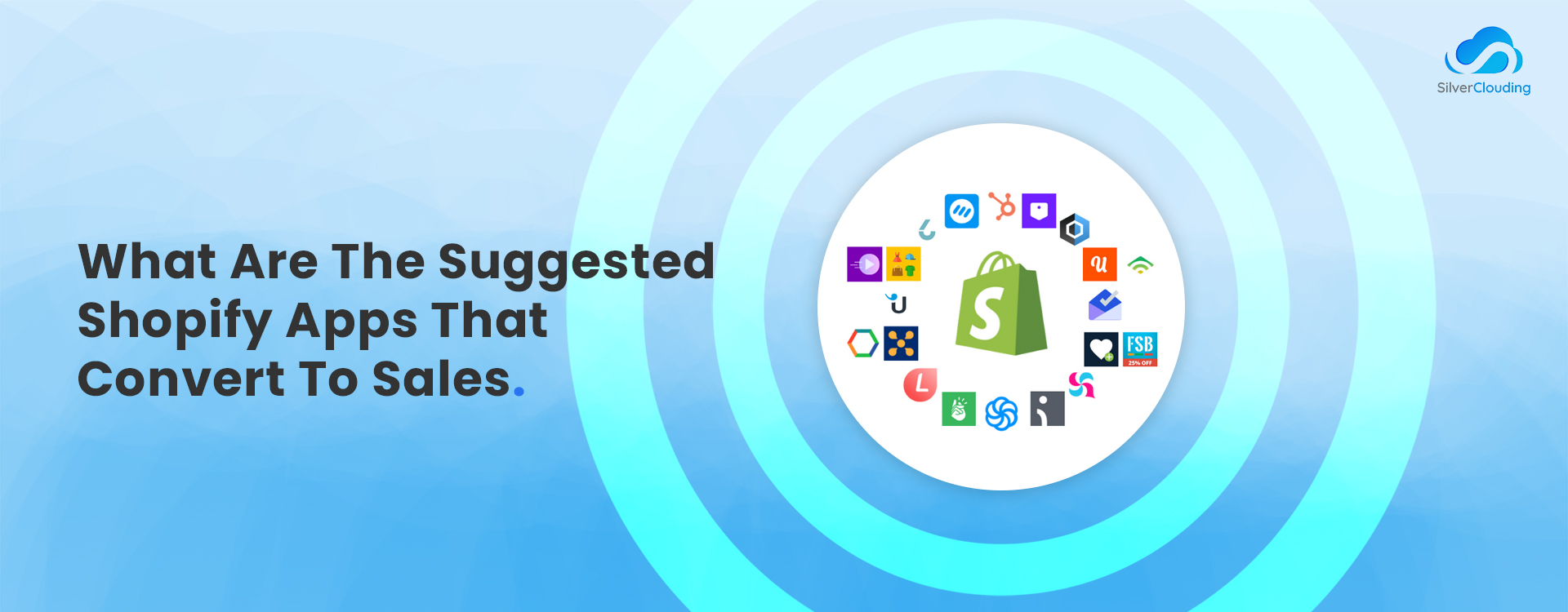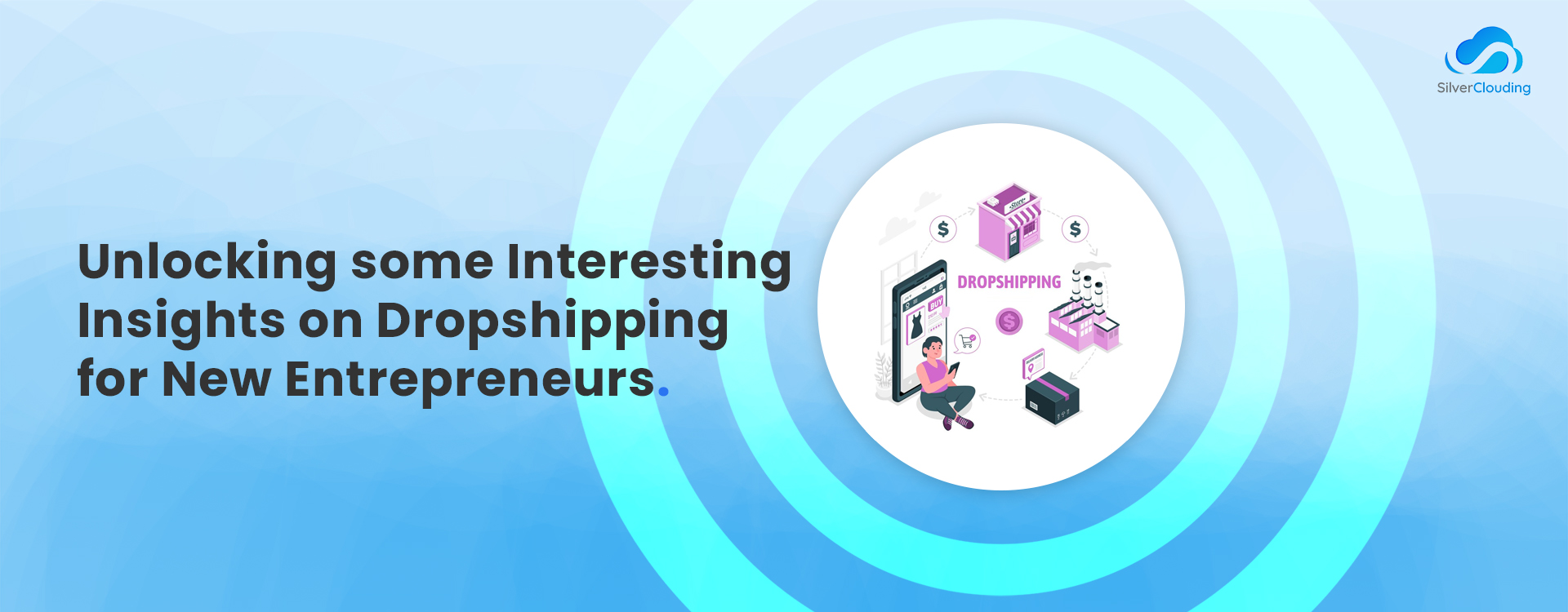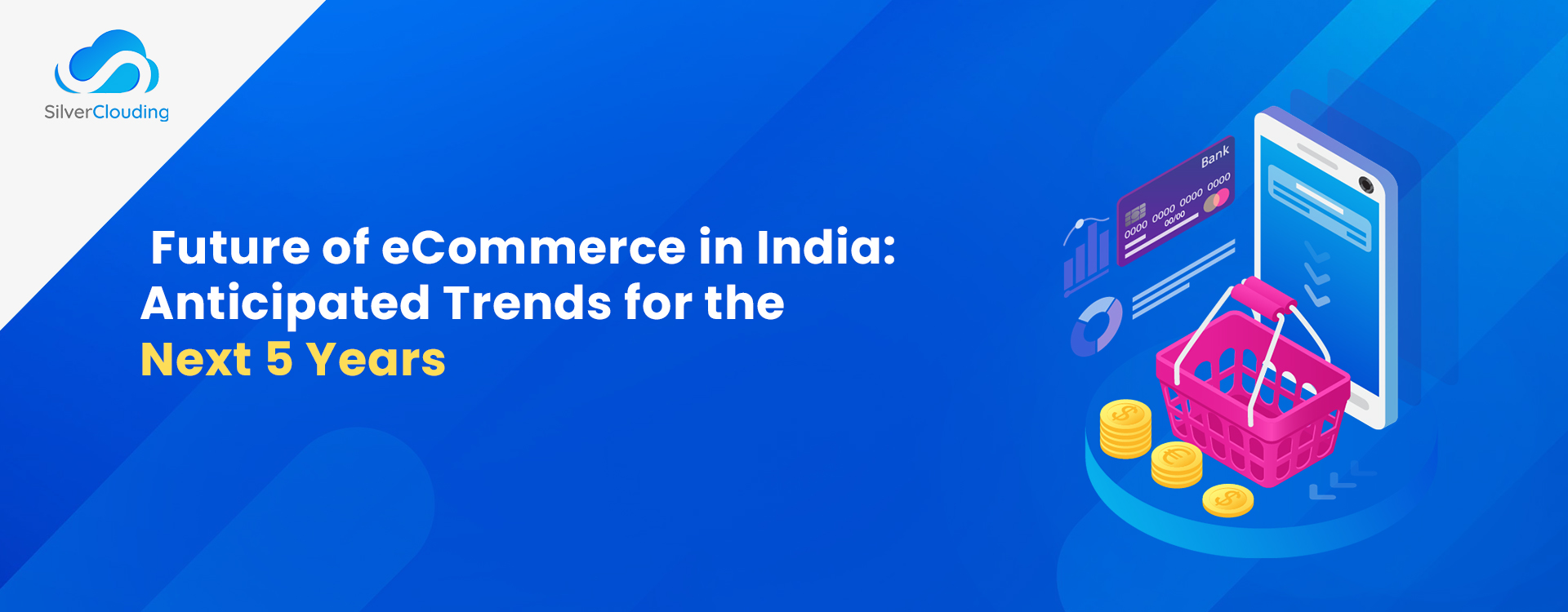An e-commerce platform is a software application that enables businesses to sell products or services online through a website or mobile application. These platforms provide tools for managing online sales, including product catalogues, shopping carts, payment processing, and shipping integration.
E-commerce platforms also typically offer features such as customer management, marketing and analytics tools, and third-party apps and services integration.
In other words, the right platform for your company is like setting the proper foundation for a home. It determines the amount of worth your company can expect to gain from a hosting solution. Each platform has options, benefits, and costs, but selecting an incompatible platform could lead to wasteful budgets, higher expenses, and growth opportunities.
However, taking your time when selecting the best platform for your company can provide you with various benefits. This includes creating a stable online presence, a consistent user experience, speedy lead generation, and an increase in ROI.
This significant digital change applies to businesses of any size in all stages and fields, including B2B, B2C, and DTC. The situation changed dramatically with the introduction of Covid-19. The data on shopping behaviour within the US has shown that customers have switched to online shopping channels by about 30%, which has boosted the market’s growth.
Why picking the right e-commerce platform is essential for your company?
Making an e-commerce business work involves more than just placing your product listing online. It’s a lot more complex than you think. Like managing a physical store or factory, identical planning and strategic thinking are required when developing and managing an e-commerce company.
If you have this essential point, you will be able to profit from the digital world, which allows you to automate and streamline many tasks which would have required human intervention.
When it comes to choosing the best e-commerce platform, it is essential to keep in mind that your e-commerce website will be dictating four things:
- Growth: How fast is your business can expand?
- Operating costs: This covers the costs of creating your e-commerce platform and ongoing maintenance and development costs.
- Customer engagement: How can you determine how your customers interact with your company?
- Goals: The best e-commerce platform can allow you to offer the services you’ve set out to provide.
It is vital to note that most e-commerce companies focus on “skin” deep issues like design, UX branding, and content. However, the actual problems with e-commerce are in business processes, including customer interaction and lead generation. These three processes can assist you in determining whether you’re getting a good ROI with your platform for e-commerce.
If you don’t already have an e-commerce platform, it’s impossible to compete on the internet. An e-commerce platform forms the core of an online retailer, whether for B2B or B2C business; furthermore, the best e-commerce platform can improve how your company communicates with customers, clients, and employees.
Why should you use an e-commerce platform?
e-commerce platforms are software that allows companies to perform complex tasks on the front end and back end. This includes inventory management, CRM mobile commerce, web design, and warehouse fulfilment.
Before we could use e-commerce services, businesses were required to create their own platforms in-house with their IT and development teams. It was a tedious and costly process. The self-built solutions were generally not scalable, were difficult to modify, and needed to be integrated with other software applications employed by businesses.
https://www.traditionrolex.com/22
A tiny number of businesses utilize the build-your-own approach. Still, we have a variety of expert solutions, such as “free” open source platforms that you hire a developer to build according to your specifications or proprietary software that could be customized using the help of a group of developers, platforms already in use like Amazon or Walmart which allow you to register to sell your goods or a pre-built platform such as Core DNA which is hosted in the cloud.
Five things to take into consideration when selecting the right e-commerce platform
When you are marketing your products and services, e-commerce platforms are adept in the art of framing and presenting their services. But choosing the most suitable e-commerce system for your company can be challenging, as there are more than 350 e-commerce services to pick from across the world. Naturally, you may opt for a custom-designed solution that is the most effective.
First, you must ensure that customers become more engaged with your brand and manage the cost-of-sales ratio. It is also essential to ensure that employees receive complete support in implementing strategies for marketing and sales.
- Ownership of Platforms and Hosting
e-commerce platforms are hosted by themselves or hosted on the cloud. If you choose the latter, you have to locate the hosting provider, manage the installation, and follow for updates on your own. It can be costly at times. The benefit is more internet platform control and better security management. In addition, you will be able to see your data more transparently.
Using a cloud-hosted platform, you can host our website through solutions such as AWS. This means that the cloud service will manage the website’s uptime. Costs are less, and customer support is higher, but you’ll have little control over the servers. It’s not possible to customize the server to meet your particular requirements.
Regarding ownership of platforms, it is possible to have Open Source, SaaS, or Headless platforms.
With open-source platforms (Woocommerce and Magento, for instance), you will have greater control and accountability as the source code isn’t only available but can also be altered. It is your responsibility to manage to host websites, security concerns, integrations (say CRM or CMS as well as ESP), and analytics. Companies that focus on development or IT will like these kinds of platforms.
But you aren’t able to change or update any feature or method to modify parts. They can also become heavy and costly to maintain. They require an excessive amount of technical expertise.
- Cost of Ownership
Pricing is among the most important factors to consider when evaluating each e-commerce platform’s cost. If you’re a startup just beginning or a well-established brick-and-mortar shop making a move online, you have to know the price of every forum.
Nearly all platforms will charge an annual fee. There are processing fees for every forum. The cost of the initial and ongoing expenses must be taken into consideration when making decisions. Don’t compromise the items you’ll require in exchange for a lower cost. Compare the advantages and disadvantages to find the most price for your money.
Also, consider how your customers will purchase your goods to assess the potential costs. Some platforms do not accept payments through third-party vendors (such as PayPal). This could be a significant problem for your customers and result in abandoning shopping carts.
- Integrations
Integrations and plugins are also essential factors to consider when determining the quality of your platform. Of the top e-commerce platforms. Some venues do not provide every integration; therefore, ensure you know your business needs to correctly evaluate the functions and features. Here are a few of the most well-known plugins you can look for:
- Accounting: Provides financial data such as sales, taxes revenue, and profits.
- Email Marketing: It allows you to remain in contact with your clients.
- Rewards Programs for Customers: This lets you reward customers for using your products and purchasing more frequently.
- Shipping and Payment It is easy and accurate to process payments and send items.
- 3rd Third-Party Digital Tools: Allows for simple integration with tools such as Marketing Automation Systems, CRMs, and ERPs. It also allows further customization.
- Themes & User Experience (UX)
Who comes to mind if you think of the most well-known companies on the internet? Airbnb? Lyft? Netflix? Simple in their design-friendly interfaces, friendly interfaces, and a myriad of options, They work hard to create an outstanding user experience. UX.
Research suggests that by 2020, the quality of customer experience will be much more crucial than the price or product as a critical differentiator. Consumers today need to be content to purchase products. They prefer shopping in interactive and immersive environments.
The theme defines your online store’s design, and most e-commerce platforms provide many themes to select from. Specific articles are included with a subscription, and others are more expensive and cost a fee. It’s worth it to differentiate yourself from the crowd, as the design of your website is crucial to converting visitors into buyers.
- E-Commerce Platform Speed & Scalability
In this modern age of “Micro-moments” — which Google describes as “an intention-rich moment in which someone is turning to an electronic device to fulfil the need to learn to do, go or purchase something — your platform needs to provide speedy and efficient service. This must be constant as you expand and expand the business. Choose a venue that grows with your company to become one of the top e-commerce platforms.
Although evaluating the platform’s performance and scalability isn’t easy, you can see the weaknesses in the forum, from slow loading times to frozen pages, 404 errors, and many other slow performance indicators. Knowing how many users the platform can handle during peak traffic times, how it scales vertically and horizontally, and examining the typical speed of your site is an essential aspect of evaluating the platform.
Our recommendation is to look for an online-hosted, scalable, and cloud-hosted solution with out-of-the-box features and capabilities that meet your expanding company’s requirements from the beginning. Features like advanced caching techniques and the ability to automatically delete content when changing product descriptions are worth looking into. Additionally, you should ensure that your company provides reasonable technical and customer assistance to your customers.
Why us?
SilverClouding, We are a team of highly skilled professionals with extensive 10+ years of experience and knowledge in working with the Shopify e-commerce platform. We can help businesses in several ways, including:
- Setup and configuration: we can help businesses set up and configure their Shopify store, including creating a custom design, setting up payment gateways, and integrating with other services such as email marketing and shipping providers.
- Custom development: we can help businesses with custom development work, such as creating custom features or integrations, developing custom apps, or building custom themes.
- Optimization and performance: we can help businesses optimize their store for performance and speed, which can improve the user experience and boost sales.
- Marketing and SEO: we can help businesses with marketing and SEO (search engine optimization), which can help increase traffic to the store and improve conversions.
- Maintenance and support: we can provide ongoing care and support for businesses, including troubleshooting issues and updating the store to keep it running smoothly.
Overall, we are here to provide valuable expertise and guidance to businesses looking to improve their e-commerce platform and grow their online sales.






How to Choose the right e-commerce platform for...
[…] When you are marketing your products and services, e-commerce platforms are adept in the art of framing and presenting their services. But choosing the most suitable e-commerce system for your company can be challenging, as there are more than 350 e-commerce services to pick from across the world. Naturally, you may opt for a custom-designed solution that is the most effective. […]